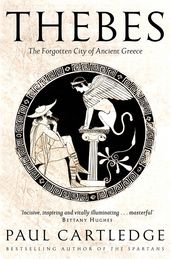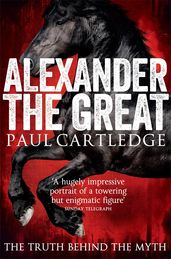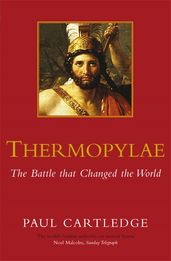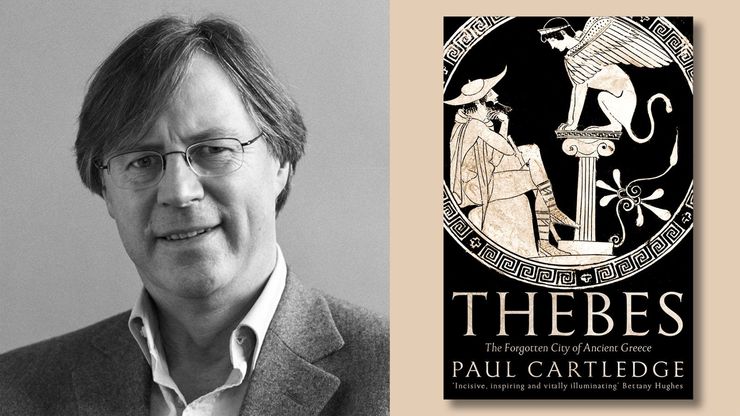Synopsis
‘An incisive, inspiring and vitally illuminating account of a city which changed the ancient world and which deserves to be remembered by the modern. A masterful book written by a master historian.’ – Bettany Hughes, bestselling author of Istanbul and Helen of Troy
Continuously inhabited for five millennia, and at one point the most powerful city in Ancient Greece, Thebes has been overshadowed by its better-known rivals, Athens and Sparta.
According to myth, the city was founded when Kadmos sowed dragon’s teeth into the ground and warriors sprang forth, ready not only to build the fledgling city but to defend it from all-comers. It was Hercules’ birthplace and the home of the Sphinx, whose riddle Oedipus solved, winning the Theban crown and the king’s widow in marriage, little knowing that the widow was his mother, Jocasta.
The city’s history is every bit as rich as its mythic origins, from siding with the Persian invaders when their emperor, Xerxes, set out to conquer Aegean Greece, to siding with Sparta – like Thebes an oligarchy – to defeat Pericles’ democratic Athens, to being utterly destroyed on the orders of Alexander the Great.
In Thebes: The Forgotten City of Ancient Greece, the acclaimed classical historian Paul Cartledge brings the city vividly to life, and argues that it is central to our understanding of the ancient Greeks’ achievements – whether politically or culturally – and thus to our own culture and civilization.
Details
Reviews
Paul Cartledge has done it again - he has shone a light on a crucial epicentre of ancient Greek affairs that so often gets overshadowed by the might of Athens. He does it with assured scholarship, a clear and engaging style, and more than a hint of humour. Thebes is lucky to have Cartledge as its champion!
'The Forgotten City', as Cambridge professor Paul Cartledge calls it in his engaging new history, nonetheless was of enormous political and cultural importance . . . One of the many strengths of Cartledge’s book is the way it illustrates how hearsay, history and myth combined to form the basis of Theban culture . . . Cartledge’s great achievement is to solve the riddle of why Thebes disappeared and put the ancient city back on the map.
Cartledge, matching his unrivalled command of the complex, fragmentary and often contradictory sources to his talents as a storyteller, traces the arc of the Theban story as well as anyone is likely to do.
Will delight anyone that is interested in ancient Greece and the Classical world more generally. An outstanding work by a scholar of justifiable world renown.





